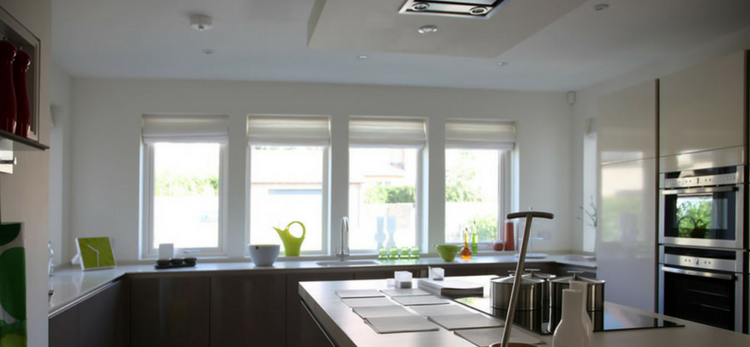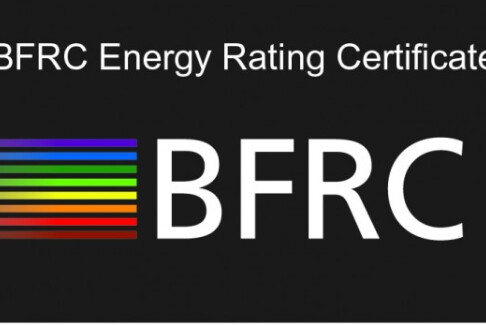Energy efficient windows and doors can make your home more comfortable, minimise your impact on the environment, and reduce your energy bills.
So how can you improve your home and save energy?
Windows
Using double glazing, along with low emissivity glass, on all the windows in your home is an important step to becoming more energy efficient.
Double glazed windows are made of two sheets of glass with a space inbetween (that may sometimes include gas), to create an insulating barrier and help keep the heat inside your home.
Since 2002, all new and replacement glazed windows and doors must use low emissivity (Low E) glass, such as Pilkington K Glass. This Low E glass often has an invisible coating of metal oxide on one of the internal panes, which lets heat and light in and reduces the amount of heat that escapes.
When paired with a high-quality frame, this Low E glass will minimise heat loss (meaning fewer draughts and cold spots!), block out external noise and reduce condensation build up.
Doors
Insulating your doors is another important step in creating a more energy efficient home.
To prevent heat from escaping (and to prevent the cold from getting in), doors can be insulated and draught proofed. Any new external door should include an effective draught proofing system. So as long as it’s been fitted properly, you shouldn’t have anything to worry about.
As a more short-term fix for existing doors, however, draught proofing strips can be fitted around the letterbox and along the seals. According to the Energy Saving Trust, draught proofing your windows and doors will save the typical household around £25 every year.
Conservatories
Even the best quality glazing won’t conserve heat as well as a wall will. So if you want to save energy, don’t heat your conservatory.
If you heat up your conservatory, the heat will quickly escape, and you’ll end up using more energy, and spending more money.
However, if you have a well insulated door between your home and your conservatory and you keep it shut during the colder months, a conservatory can act as extra insulation and actually help reduce heat loss.
If you do want to heat your conservatory, double glazing, blinds and shutters can all help reduce the amount of heat that escapes, but just keep in mind that you can’t make your conservatory as thermally efficient as the rest of your home.
Our glass
All of our PVCu windows and composite doors are energy efficient, and use high quality Pilkington KS Glass. This glass is one of the best on the market, and reflects heat back into the room, while also allowing heat and light to flood into the home. Pilkington KS Glass helps our windows achieve a high energy rating and comply with Building Regulations Part L.
We also offer Pilkington energiKare, which is an energy efficient double glazing unit. When installed in good window frames it helps to achieve the requirements of the Energy Saving Trust, which has resulted in the glass receiving Energy Saving Recommended Status as an energy efficient product.
If you’d like to learn more about how you can reduce your energy usage and bills, read about our energy efficient window systems, or contact Lockwood Windows on 01484 519677.








